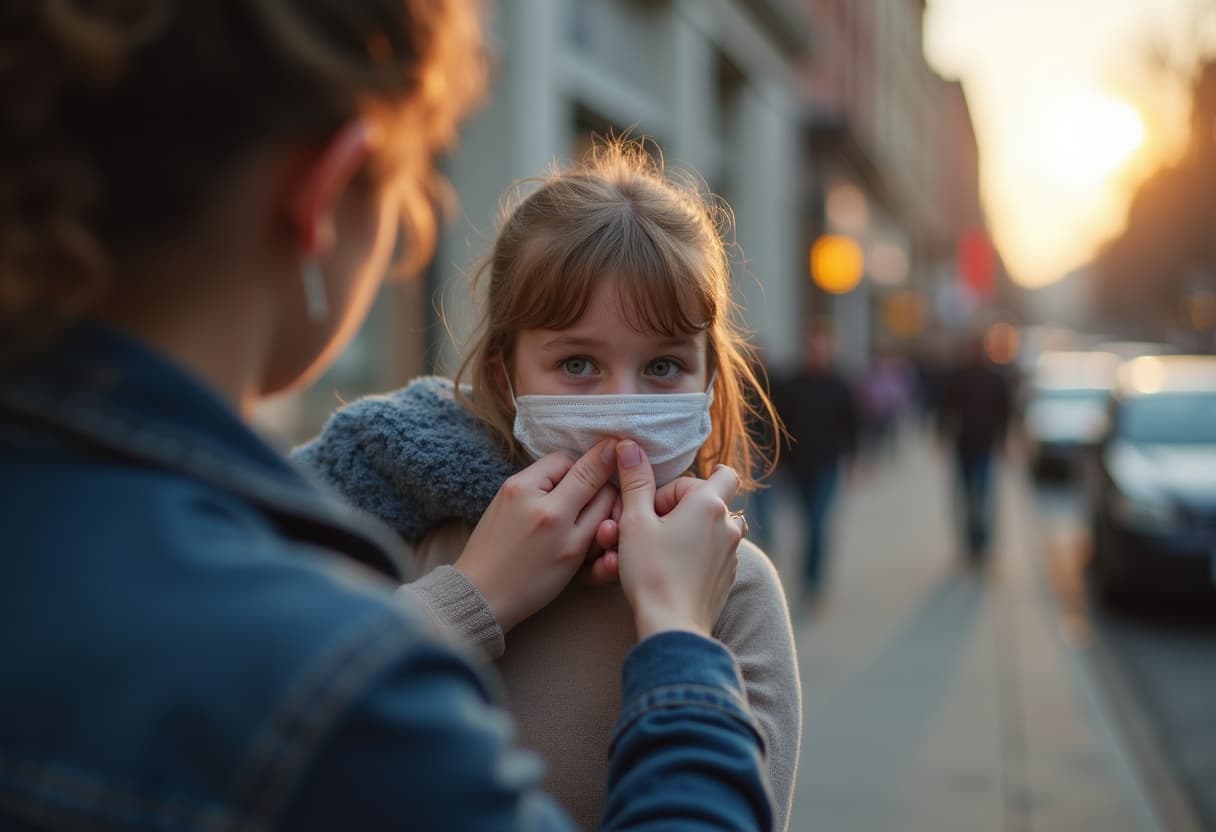FDA Issues Alert on Radioactive Contamination in Walmart’s Frozen Shrimp
In an unusual and concerning development, the U.S. Food and Drug Administration (FDA) has issued a public advisory advising consumers to avoid and discard certain frozen shrimp products sold at Walmart stores. The directive follows the discovery of radioactive contamination in shipments originating from an Indonesian supplier, BMS Foods.
What Happened?
Samples intercepted at major U.S. ports—including Los Angeles, Houston, Savannah, and Miami—tested positive for cesium-137, a radioactive isotope commonly associated with nuclear fission processes. Though the measured radioactivity levels were approximately 68 becquerels per kilogram—substantially below the FDA’s intervention threshold of 1,200 bq/kg—the agency opted for a precautionary approach due to potential health risks.
The affected product is the Great Value 2-pound bags of white vannamei shrimp with a best-by date of March 15, 2027, distributed through Walmart. Although contaminated shipments from BMS Foods never officially entered U.S. markets, the FDA alert was prompted by the detection of these products in retail outlets.
Understanding Cesium-137 and Its Risks
Cesium-137 is a byproduct of nuclear reactors and weapon tests. Its presence in seafood typically suggests contamination through polluted waters—possibly due to improper disposal of nuclear waste or accidental leaks. In aquatic environments, cesium-137 can bioaccumulate, posing health risks such as increased cancer risk upon prolonged exposure, though momentary or minimal contact may be less dangerous.
Regulatory and Retail Response
- FDA: The agency characterized the contamination as likely stemming from "insanitary conditions" during product handling and has strongly advised consumers to discard the affected shrimp.
- Walmart: The retail giant responded swiftly, issuing a recall across 13 states—including Alabama, Florida, Texas, and Ohio. A spokesman emphasized that customer safety is paramount, confirming removal of the shrimp from stores and offering full refunds to purchasers.
Implications for Food Safety and Consumer Awareness
This incident underscores the complex challenges of global food supply chains and the critical need for rigorous safety inspections. Imported seafood is a staple on many American tables, and contamination—especially radioactive—evokes significant fear and legitimate concerns.
Experts point out that while the detected radioactivity is low, ongoing surveillance is essential. It also raises broader questions about international monitoring of nuclear waste disposal and its unintended consequences on food safety.
Consumer Guidance: What Should Shoppers Do?
- Check your pantry for Great Value white vannamei shrimp matching the specified packaging and best-by date.
- Do not consume the product. Safely dispose of it or return it to Walmart for a refund.
- Stay informed on food safety alerts via FDA announcements and trusted news sources.
- Support calls for enhanced transparency and accountability in food import regulations.
Expert Commentary: Navigating Trust in Imported Seafood
According to Dr. Elaine Rosenthal, a seafood safety expert at the University of Washington, “This development, while alarming, is a testament to the vigilance of regulatory bodies. The fact that the contamination was caught before a higher exposure is reassuring. However, consumers should remain alert and avoid panic. Food safety is continually evolving to meet new challenges posed by globalized trade.”
Meanwhile, environmental analysts highlight the incident as a signal to intensify scrutiny over nuclear waste management globally and its ripple effects on ecosystems and human health.
What This Means for Policy and the Future
This episode is a wake-up call for policymakers to harmonize international standards and strengthen inspection protocols on imported food products. It also raises the critical need for enhanced cooperation between environmental and food safety regulators to prevent cross-contamination risks.
For consumers, it’s a stark reminder of the origins behind everyday products and the invisible threats that can surface from afar. Transparency, combined with swift action, remains the cornerstone of maintaining public trust in the food supply.
Editor’s Note:
The discovery of radioactive shrimp at a major retailer highlights the intersection of environmental stewardship, global trade, and consumer safety. While immediate health risks appear low, this incident poses vital questions: How robust are our food safety nets against emerging risks? Are international suppliers fully held accountable for contamination? And how can informed consumers navigate these complexities without fear? Continued dialogue, research, and regulatory vigilance will be essential as the world’s food sources become ever more interconnected.











